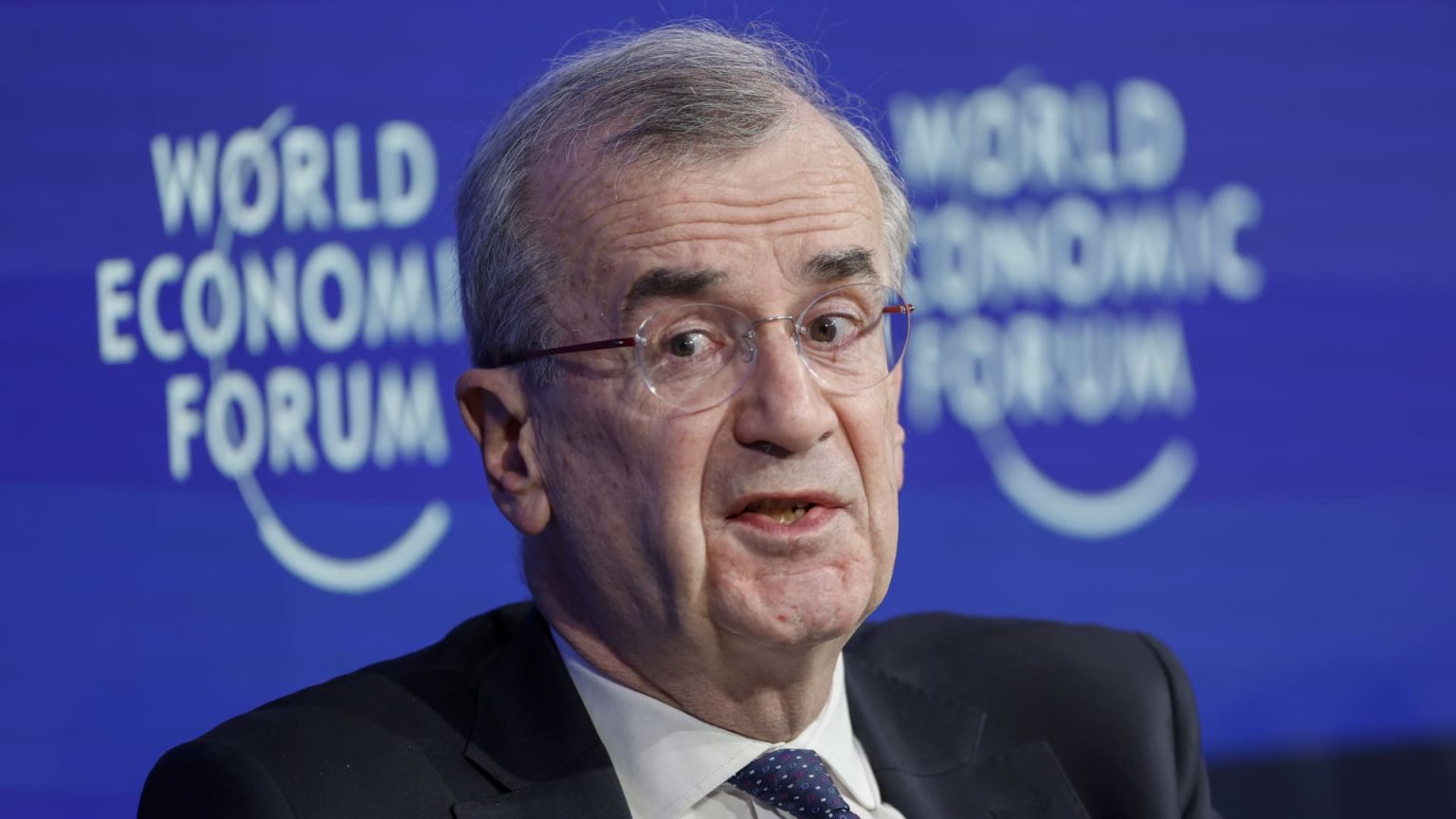The European Central Bank should consider cutting interest rates in June, according to ECB policymaker François Villeroy de Galhau. Villeroy believes the bank should take action to avoid falling behind the inflation curve. He emphasized the importance of striking a balance between acting early to prevent inflation from rising too quickly and acting too late, which could lead to negative consequences for economic activity and employment. Villeroy’s comments signal a growing consensus within the ECB about the need to adjust monetary policy to address the current economic situation.
The ECB recently signaled that it could lower interest rates in June, citing cooling inflation as a key factor in their decision-making process. The central bank has held interest rates steady for five consecutive meetings but is now considering a potential rate cut. ECB President Christine Lagarde suggested that the bank is on track to moderate rates in the near future, barring any significant developments that could impact the economy. Lagarde emphasized the importance of building confidence in the disinflationary process before moving forward with monetary policy adjustments.
Despite growing support within the ECB for a rate cut, some members of the central bank’s decision-making body are concerned about the potential impact of geopolitical risks on the economy. ECB policymakers have identified tensions between Iran and Israel, as well as the conflict in Russia and Ukraine, as significant factors that could influence the decision to cut interest rates in June. Policymakers like Robert Holzmann have emphasized the need to monitor energy prices and the potential for disruptions that could result from geopolitical tensions.
Policymaker Joachim Nagel, the head of Germany’s Bundesbank, also acknowledged the likelihood of a rate cut in June but highlighted the importance of analyzing core inflation data before making a final decision. Nagel pointed out that while some parts of the inflation data remain higher than desired, if the incoming projections confirm a downward trend in inflation, a rate cut in June becomes more probable. These comments reflect the cautious approach that some ECB policymakers are taking as they consider the possibility of adjusting monetary policy in the coming months.
Overall, there is increasing support within the ECB for a rate cut in June to address concerns about falling behind the inflation curve. Policymakers like François Villeroy de Galhau and Christine Lagarde are advocating for action to maintain economic stability and ensure that inflation remains on target. However, concerns about geopolitical risks and remaining uncertainties in the inflation data are prompting some policymakers to be more cautious in their approach. Ultimately, the decision to cut interest rates in June will depend on a variety of factors, including the evolving economic situation in Europe and the impact of external developments on the region’s economy.













